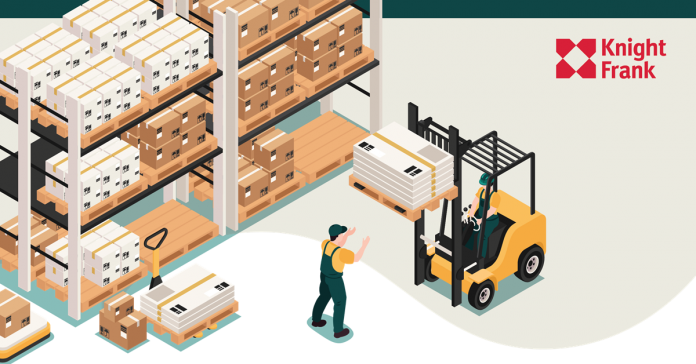Today we need to take a fresh look at warehouse types. We can evaluate how they work and what fills them. Defining their types will let us familiarize ourselves with the past, present, and future of warehouses worldwide. For Thailand, each type of warehouse set themselves apart in their own unique ways. warehousing is very important if you are planning to do business cross-border, particularly when your firm is getting bigger and need more rooms to preserve your inventory. Here’s a quick look at some of the warehouse details to consider!

Private Warehouses
Private warehouses are owned by distributors, manufacturers, or wholesalers. Some of the more established online and retail marketplaces will also oversee their private warehouses.
Pros
- Fewer errors because it is managed by a small group of people
- Can be rented instead of purchased
- Can be designed to fit the needs of a specific company
- Performance improvements
- Viable option when public warehouses are unavailable
Cons
- Return rates are low
- Less flexibility with operations
- Expensive to build from the ground up
Bonded Warehouse
Bonded warehouses are structures built to store imported products and goods that usually require duty payments.
Pros
- Duty fees are exempt from any goods that don’t sell, so demand isn’t crucial to target
- Less financial strain for businesses storing goods for more prolonged periods
- Holds a variety of products
Cons
- Passing Customs compliance can be complex
- It can be challenging to arrange international cargo
Cold Storage Warehouse
Cold storage is an extreme type of these warehouse types. They specialize in deep freezing sensitive goods over long periods. If you need a solution for improving the shelf-life of inbound and outbound shipping, these warehouses are for you.
Pros
- Caters to business owners with particular storage requirements
- Allows you to eliminate negative factors like heat and sun exposure
- Provides a dust–free environment perfect for computer parts
Cons
- High cost compared to ordinary shipping warehouses
- It can be hard to find in remote areas of the country
Distribution Centers
One of the final stages in the supply chain is distribution. Warehouse types explicitly built to make exchanges between inbound and outbound efficient are called distribution centers.
Pros
- Widely available nationwide with competing warehouses in many metro areas
- Used explicitly for quick distribution, so outsourcing is efficient
- Accommodates a range of product types
Cons
- Services and technology vary widely from center to center
Smart Warehouse
Robotics and technological innovations in automated storage and retrieval systems (also called AS/RS) have been central to this new vision of the warehouse. They are primarily filled with low-emission automated tools, conveyor belts, sorting tools, and unmanned equipment.
Pros
- Almost unlimited potential for business owners looking to cut workforce costs
- Cutting–edge sorting, retrieval, and material–handling tools
- Minimal inventory count issues or production errors
Cons
- High cost of entry
- Vulnerable to large scale blackouts or computer malfunctions
Source : www.scoutsft.com



















